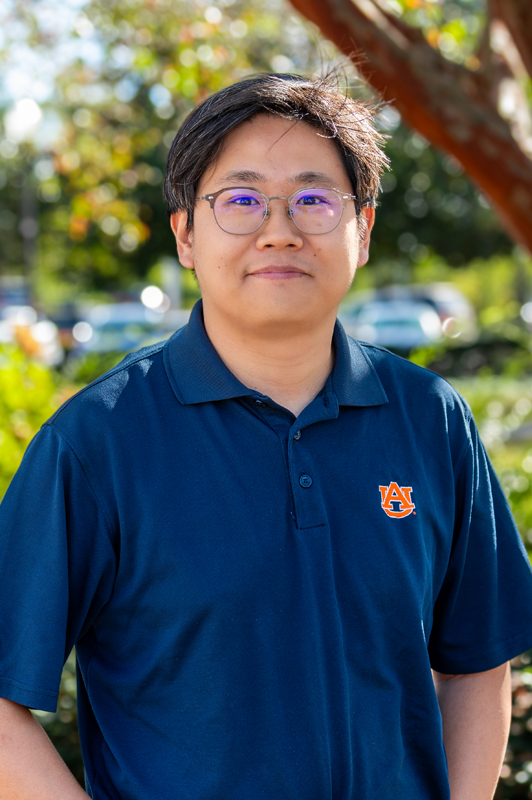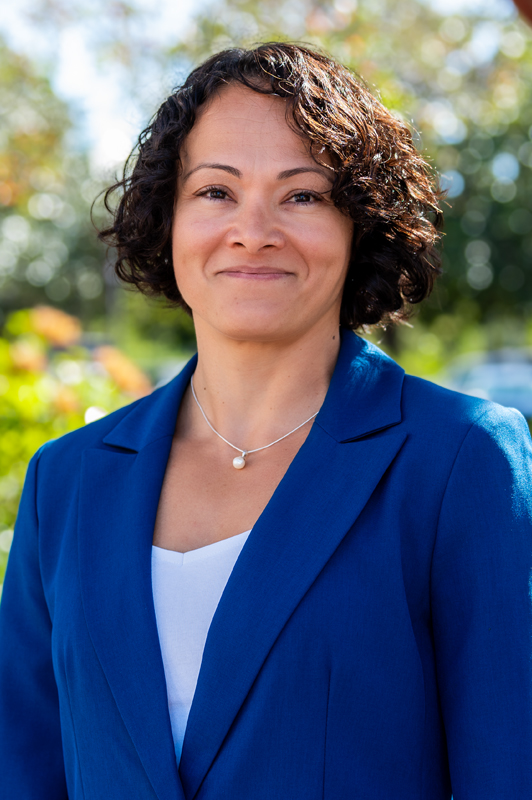Associate professor in chemical engineering wins KIChE President Young Investigator Award
Published: Jul 2, 2024 8:00 AM
By Joe McAdory
Tae-Sik Oh savors the opportunity to help solve real-world problems. For example… what’s the most efficient means to generate and store hydrogen? What can be done to decrease levels of carbon monoxide and greenhouse gases in the atmosphere? How can lithium-ion batteries be recycled?
“It’s important that we, as researchers, explore ways to make a positive impact on society,” said Oh, an associate professor in the Department of Chemical Engineering, whose research interests include heterogeneous catalysis, CO2 capture and utilization, membrane reactors, electrochemical cells and filtration membranes. “Energy storage is a big part of my research, but I would also like to contribute to the filtration of small particles in the air.”
For his continued contributions to research, Oh is the Korean Institute of Chemical Engineers (KIChE) President Young Investigator Award recipient for 2024.
The KIChE President Young Investigator Award recognizes Korean and Korean-American scientists and engineers who — while early in their research careers — show exceptional potential for leadership at the frontiers of scientific knowledge in the general field of chemical and related engineering.
“It's a great feeling because when you get this type of award, it means your colleagues recognize your contribution to the field and also your contribution to academia,” said Oh, who noted that KIChE was the Korean contemporary to the American Institute of Chemical Engineers, of which Auburn University has a chapter. “After years of work, it's a nice pat on the shoulder and reaffirmation that you’re doing a good job.”
Department of Chemical Engineering chair Selen Cremaschi said Oh’s research contributions are necessary in today’s growing energy-dependent society.
“As populations — and means to utilize energy — continue to multiply, it’s important to have dedicated researchers like Dr. Oh to explore more efficient and cleaner practices,” Cremaschi said. “To have him recognized with this award is a validation of his hard work and provides yet another global footprint for Auburn Engineering.”
Oh previously collaborated with Sushil Adhikari, professor and director of the Center of Bioenergy and Bioproducts, and Oladiran Fasina, Department of Biosystems Engineering chair, on a recently-completed, three-year, $500,000 project funded by the Department of Energy to produce hydrogen energy that will reduce greenhouse gas emissions and waste plastics problems.
He is currently working with researchers at the Korean Institute of Industrial Technology (KITECH) — who signed a memorandum of understanding with Auburn University in December of 2022 — on how to recycle lithium-ion batteries.
“Soon, we will have a lot of lithium-ion battery waste coming out from all kinds of battery applications,” said Oh. “My idea is how to turn the spent lithium-ion battery cathode into a catalyst. I developed the process to do this by converting the spent lithium-ion battery cathode into a methane dry-reforming catalyst.”
How? By reacting carbon dioxide and methane to generate hydrogen and carbon monoxide.
“Mixing these two at high temperatures with the presence of catalysts, you create a reaction that converts them into hydrogen and carbon monoxide,” Oh said. “We have seen promising initial results and hopefully I can get federal funding based on this type of idea. My work on the project is how to generate hydrogen (for energy carriers), and I think it’s going to make an impact in the future.”
Media Contact: , jem0040@auburn.edu, 334.844.3447
Tae-Sik Oh is currently working with researchers at the Korean Institute of Industrial Technology on how to recycle lithium-ion batteries.



